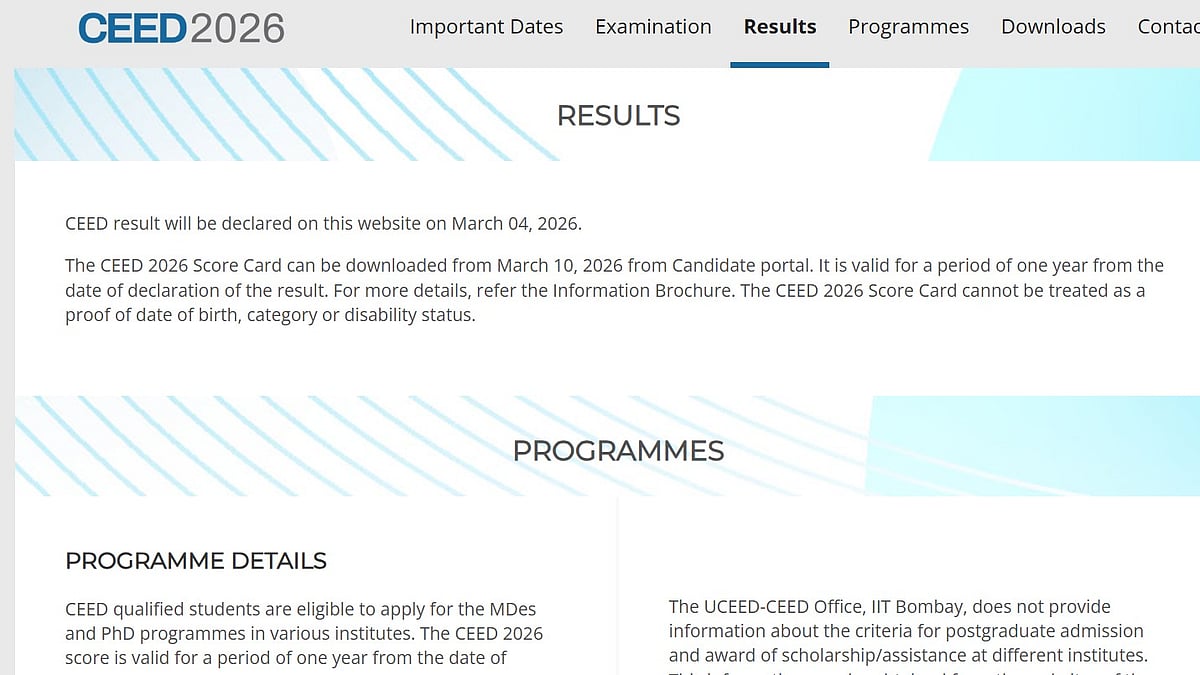Amid a rise in average daily new COVID-19 cases, the Centre has rapped the Shinde-Fadnavis government for slow pace of COVID-19 testing and vaccination in Maharashtra. In a letter, union health secretary Rajesh Bhushan addressed the state public health secretary Pradeep Vyas and asked the state to increase a vigil and vigorously follow test-track-treat-vaccinate and adherence to Covid appropriate behaviour. Besides, the state has been asked to increase the pace of vaccination for eligible population and accelerate the administration of free precaution doses for 18 plus population tag all government Covid vaccination centres under COVID vaccination Amrit Mahotsav till September 30.
This is urgently needed as the Centre said 20 districts have reported a decline in the number of total tests conducted in week ending August 4 as compared to week ending July 26, 13 districts have reported an increase in cases for the same time period and 5 districts have reported more than 10% weekly positivity in the week ending August 4. The state has also contributed to 9.7% of India’s weekly new cases and weekly positivity of 4.92% in the week ending August 5.
‘’It is critical form the state to ensure adequate testing is undertaken in all the districts of the state while maintaining the recommended share of RTPCR and antigen sets. The state must also closely monitor districts reporting high cases, positivity rates and clusters to prevent further spread of infection and effective case management,’’ said Bhushan.
‘’Upcoming months are likely to witness mass gatherings in context of various festivities to be held in different parts of the country, leading to a large number of individuals undertaking intra and interstate journeys or congregating at the same places. This may potentially facilitate transmission of infectious diseases including COVID-19,’’ said Bhushan. He further added that it is crucial to monitor and report district-wise influenza-like illness and SARI cases in all health facilities as per the guidelines on a regular basis for detecting early warning signals of the spread of infection.
‘’This is necessary in the wake of some changes in symptoms and clinical manifestation of the disease. This will enable the administration to take pre-emptive action if required, in any areas of concern,’’ said Bhushan.
He observed that Genome Sequencing of prescribed samples of international passengers and collection of samples from Sentinel Sites (identified health facilities) and local clusters of new COVID-19 cases is equally important. Such samples must be sent promptly by the state to the designated lab of INSACOG network for Genome Sequencing.




